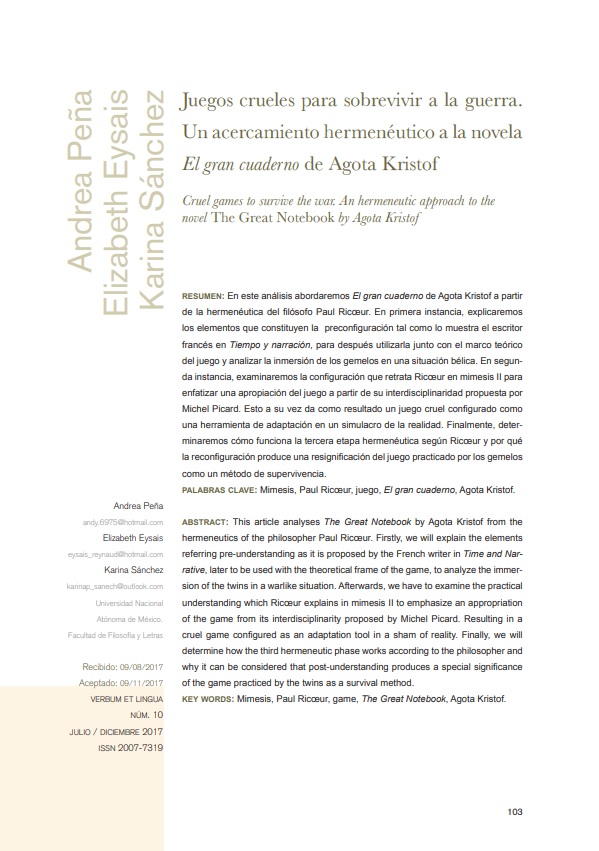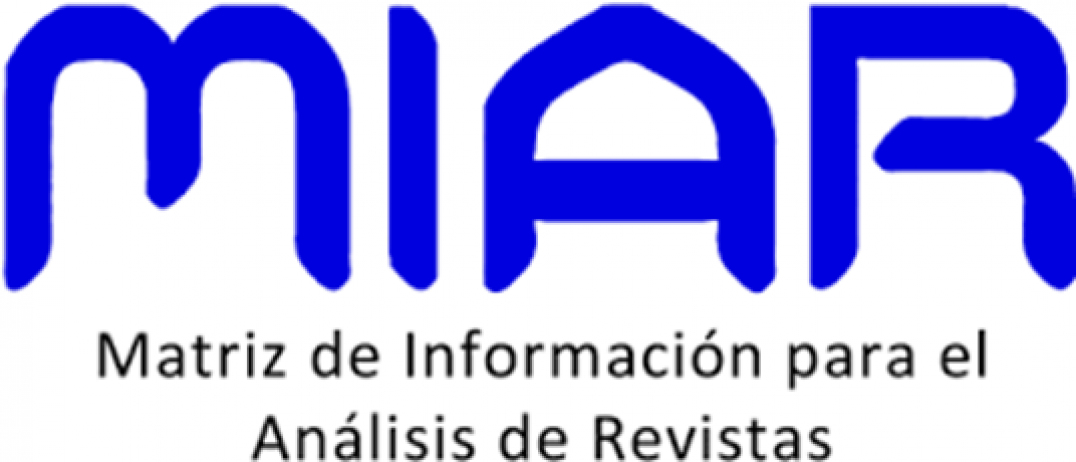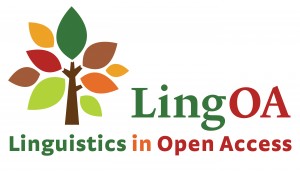Juegos crueles para sobrevivir a la guerra. Un acercamiento hermenéutico a la novela El gran cuaderno de Agota Kristof
DOI:
https://doi.org/10.32870/vel.vi10.98Schlagworte:
Mimesis, Paul Ricœur, juego, El gran cuaderno, Agota KristofAbstract
En este análisis abordaremos El gran cuaderno de Agota Kristof a partir de la hermenéutica del filósofo Paul Ricœur. En primera instancia, explicaremos los elementos que constituyen la preconfiguración tal como lo muestra el escritor francés en Tiempo y narración, para después utilizarla junto con el marco teórico del juego y analizar la inmersión de los gemelos en una situación bélica. En segunda instancia, examinaremos la configuración que retrata Ricœur en mimesis II para enfatizar una apropiación del juego a partir de su interdisciplinaridad propuesta por Michel Picard. Esto a su vez da como resultado un juego cruel configurado como una herramienta de adaptación en un simulacro de la realidad. Finalmente, determinaremos cómo funciona la tercera etapa hermenéutica según Ricœur y por qué la reconfiguración produce una resignificación del juego practicado por los gemelos como un método de supervivencia.
Downloads
Literaturhinweise
Ariès, P. (1986). La infancia. Revista de Educación (281), 5-17.
Audoin-Rouzeau, S. (2006, enero/marzo). Enfances en guerre au 20e siècle: un sujet? Vingtième Siècle. Revue d’histoire (89), 3-7. Recuperado el 2 de febrero de 2017, de http://www.jstor.org/stable/4619028.
Collin, J. (2005). Étude de la cruauté dans la trilogie des jumeaux d’Agota Kristof, suivie du recueil de récits L’abattoir. Tesis de maestría no publicada. Université Laval, Francia. Recuperado el 15 de enero de 2018, de http://savoirs.usherbrooke.ca/bitstream/handle/11143/2426/MR05894.pdf ?sequence=1núm. 10 / julio-diciembre / 2017 117
De Segúr, S. (1960). Las desgracias de Sofía. Barcelona, España: Molino.
García Cela, M. del C. (2013). Pour une didactique de la cruauté. Le savoir-faire de l’écriture chez Agota Kristof. Thélème. Revista Complutense de Estudios Franceses (28), 141-156. Recuperado el 15 de enero de
de http://dx.doi.org/10.5209/rev_thel.2013.v28.40267
Guiraud, P. (1980). La semiología. México: Siglo xxi Editores.
Heidegger, M. (1951). Ser y tiempo. (Traducción de J. Gaos). México: Fondo de Cultura Económica.
Huizinga, J. (1972). Homo ludens. (Traducción de E. Imaz Echeverría). Madrid, España: Alianza Editorial.
Kristof, A. (1995). El gran cuaderno. (Traducción de E. Sordo). Barcelona, España: Editorial Seix Barral.
Pergaud, L. (2004). La guerra de los botones. Madrid, España: Alianza Editorial.
Picard, M. (1995). La lecture comme jeu. Bulletin d’informations de l’Association des bibliothécaires français [En línea]. Recuperado el 25 de marzo de 2017 en: http://litmedmod.ca/sites/default/files/pdf/picard-44325-lalecture-comme-jeu_lr.pdf
Pimentel, L. A. (2007). Sobre el relato. Antología de textos literarios en inglés. México: Universidad Nacional Autónoma de México-Facultad de Filosofía y Letras.
Ricœur, P. (2004). Tiempo y narración. La triple mímesis. Tiempo y narración I. Configuración del tiempo en el relato histórico. (Traducción de A. Neira). México: Siglo xxi Editores.
Rousseau, J. J. (2011). Emilio, o, De la educación. Madrid, España: Alianza Editorial.
Silva, H. (2012). Poétiques du jeu. La métaphore ludique dans la théorie et la critique littéraires françaises au XXe siècle. Tesis de doctorado no publicada. Universidad de París iii, Francia. Recuperado el 10 de febrero de 2017, de http://lewebpedagogique.com/jeulangue/files/2011/01/PoetiquesLud.pdf
Stargardt, N. (2006). Jeux de guerre. Les enfants sous le régime nazi. Vingtième Siècle. Revue d’histoire (89), 61-76. Recuperado el 2 de febrero 2017, de http://www.jstor.org/stable/4619033
Zogmal, M. (2012). L’idéalisation de l’enfance. Un obstacle pour penser la place de l’adulte. Revue [petite] enfance (107). Recuperado el 10 de febrero de 2017, de http://www.revuepetiteenfance.ch/?p=169













